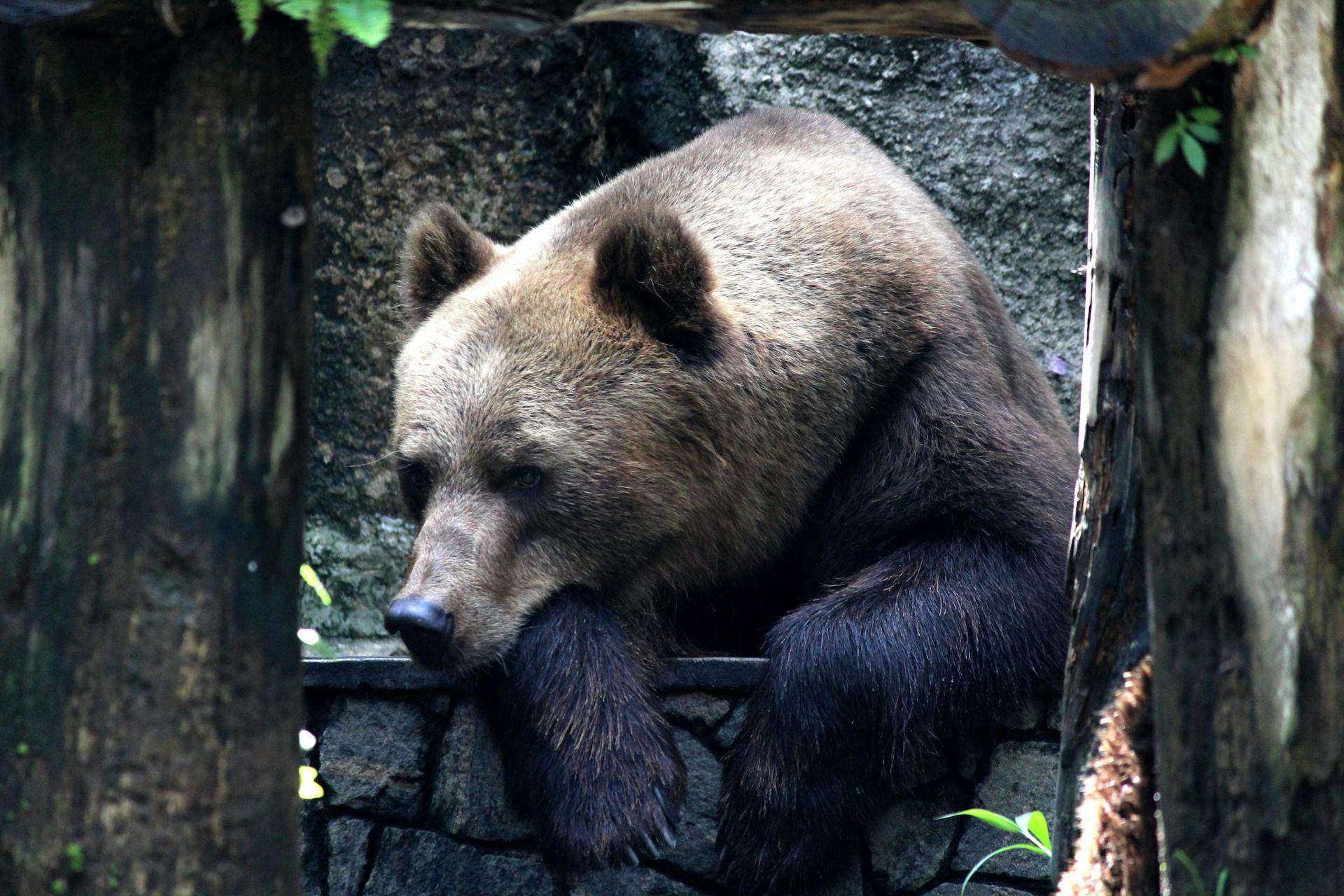Camping in the wild offers an unparalleled opportunity to reconnect with nature, experience stunning landscapes, and enjoy the simple pleasures of the outdoors. However, when setting up camp in remote or wild areas, one major consideration is safety—especially when it comes to wildlife. Animal encounters are one of the primary camping challenges many campers face, but with the right knowledge and preparation, you can minimize risks and enjoy your tent camping experience safely.
Camping in animal territory can be a rewarding experience, but it requires some extra steps to ensure you’re protected and respectful of the creatures that share the space with you. Whether you’re camping in bear country, near mountain lions, or in areas where smaller but still potentially dangerous animals like snakes or insects roam, these guidelines will help you navigate camping in animal territory with confidence.
1. Research the Wildlife in Your Camping Area
Before heading out, it’s crucial to research the wildlife in the area where you plan to camp. Some animals are more active during certain times of year, while others are more aggressive depending on their environment or the time of day. Whether you’re camping in bear, cougar, or wolf territory, understanding the behavior and patterns of these animals is key to preparing for a safe camping trip.
- Bears: Grizzly and black bears are common in many regions of North America. Bears are typically non-aggressive, but they can be dangerous when surprised or when they feel threatened. It’s vital to understand bear behavior and how to avoid attracting them to your campsite.
- Mountain Lions: These elusive predators are rarely seen, but they are present in areas like the Rockies or Southwestern US. Understanding how to protect yourself from a lion encounter is vital.
- Snakes: Many camping areas, especially in warmer climates, are home to venomous snakes. Know which snakes are dangerous and how to avoid them.
- Insects: While often overlooked, insects like ticks and mosquitoes can also pose a risk to campers. Knowing how to protect yourself from bites and stings is part of overall animal safety.
Understanding the wildlife around you helps you set the tone for your entire camping experience, reducing unnecessary anxiety and improving your preparedness.
2. Choose Your Campsite Wisely
Selecting the right campsite is a critical part of safely camping in animal territory. Look for areas that are less likely to attract animals, especially larger predators. Avoid camping in areas near animal tracks, dense underbrush, or animal feeding zones. These could be places where animals frequent for food or water sources.
- Distance from Water: Many animals, including bears, often travel to water sources. Avoid setting up camp too close to lakes, rivers, or streams.
- Elevation: Camp on high ground when possible, which makes it harder for animals to sneak up on your campsite without you noticing.
- Avoid Game Trails: Game trails are paths used by animals to travel through the area. Camping directly on or near these trails increases the likelihood of an encounter.
If you are in bear or large predator territory, make sure to choose a spot where you’re visible and not tucked away in dense trees or foliage. A well-lit and clear campsite reduces the chances of surprising an animal that might be passing by.
3. Use Proper Food Storage and Cooking Techniques
One of the biggest ways animals are attracted to campsites is through food. Bears, raccoons, and other animals have incredible senses of smell, and the scent of food can lead them straight to your tent. Here are some tips to prevent attracting animals to your campsite:
- Bear-Resistant Containers: In areas where bears are present, use bear-resistant containers or bear canisters to store all food, toiletries, and even things like toothpaste, which has a scent. Keep these items in your car or hang them from a tree if you are camping in bear country.
- Cook Away from Your Tent: When cooking, set up your stove or fire at least 100 yards away from your sleeping area. This minimizes the risk of drawing animals near your tent.
- Clean Up Immediately: Always clean up thoroughly after cooking. Scrape plates clean and dispose of food waste properly. Leave no trace of food smells behind.
- Never Leave Food in Your Tent: Even if you think your tent is secure, animals can smell food from far away. Store everything safely in containers that are hard to access.
Proper food storage and cleanliness at camp are essential to preventing unwanted visitors from causing trouble.
4. Understand How to Handle Animal Encounters
While encounters with wild animals are rare, it’s important to be prepared in case one occurs. The way you react to an animal can determine whether the situation turns into a dangerous one.
- Bears: If you encounter a bear, do not run. Bears can run faster than humans, and running could trigger a chase response. Stand your ground, make yourself look larger (by raising your arms or holding up your backpack), and slowly back away while keeping an eye on the bear. If the bear charges, use bear spray if you have it.
- Mountain Lions: If you spot a mountain lion, do not turn your back or run. Instead, make yourself look bigger by standing tall, waving your arms, and speaking loudly. Slowly back away, and never approach the animal.
- Snakes: Most snake bites happen when people accidentally step on or disturb a snake. If you see a snake, back away slowly and give it plenty of space. Keep your campsite clean of rocks and logs, as snakes like to hide in these areas.
- Smaller Animals: If smaller animals like raccoons or squirrels invade your campsite, they can be a nuisance, but they’re generally not dangerous. Store your food securely, and use animal-proof bags if necessary.
In any situation, it’s critical to remain calm, avoid sudden movements, and give the animal plenty of space. Most wildlife will avoid humans if given the opportunity.
5. Invest in the Right Gear
When camping in animal territory, the right gear can make a huge difference. Consider the following:
- Bear Spray: Bear spray is one of the most effective deterrents for bear encounters. It’s a must-have in bear country, and it can also be used on other animals like mountain lions.
- Tent with a Solid Structure: Make sure your tent is durable and well-secured. Animals, especially smaller ones, may attempt to get into your tent if they smell food or sense a potential threat. Choose a tent that has secure zippers and no holes.
- Noise Makers: In some areas, carrying noise-making devices like bells or a whistle can help alert animals to your presence, preventing surprise encounters. However, use them wisely and don’t rely solely on noise to keep animals away.
- First Aid Kit: Always carry a first aid kit with essentials like antiseptic, bandages, and tweezers (for removing ticks or splinters). In areas with venomous snakes or insects, be sure to include appropriate medications like antihistamines for allergic reactions.
Investing in quality camping gear tailored to your environment will increase your chances of a safe and comfortable trip.
6. Practice Leave No Trace Principles
One of the most important things you can do to minimize human impact on the environment and reduce the likelihood of animal encounters is to follow Leave No Trace principles. This includes:
- Pack Out All Trash: Don’t leave trash behind, as it can attract animals.
- Minimize Campfire Impact: Use established fire rings and never leave a fire unattended. Always make sure it’s completely out before leaving.
- Respect Wildlife: Keep a respectful distance from wildlife, and never feed them. Feeding animals can lead to them losing their fear of humans, which can be dangerous.
By respecting the natural environment and minimizing your impact, you help preserve the habitat for wildlife and reduce the risk of dangerous encounters.
Conclusion
Camping in animal territory offers a thrilling and enriching experience, but it’s important to approach it with respect and preparation. By researching the area, choosing your campsite wisely, storing food correctly, and being equipped with the right gear, you can safely enjoy your time outdoors. While the prospect of encountering animals in their natural habitat can seem daunting, it’s important to remember that most wildlife is simply going about its business, and with the proper precautions, both you and the animals can coexist peacefully in nature.
By addressing common camping challenges like animal encounters with the right strategies, your camping trip will be safer, more enjoyable, and memorable. Safe travels, and may your tent camping adventures be filled with beauty and peace, even in the heart of animal territory!

